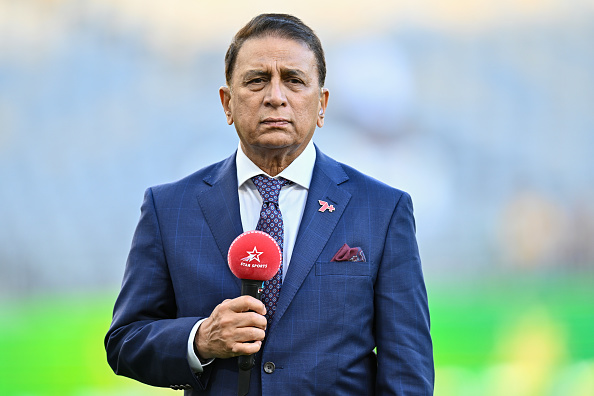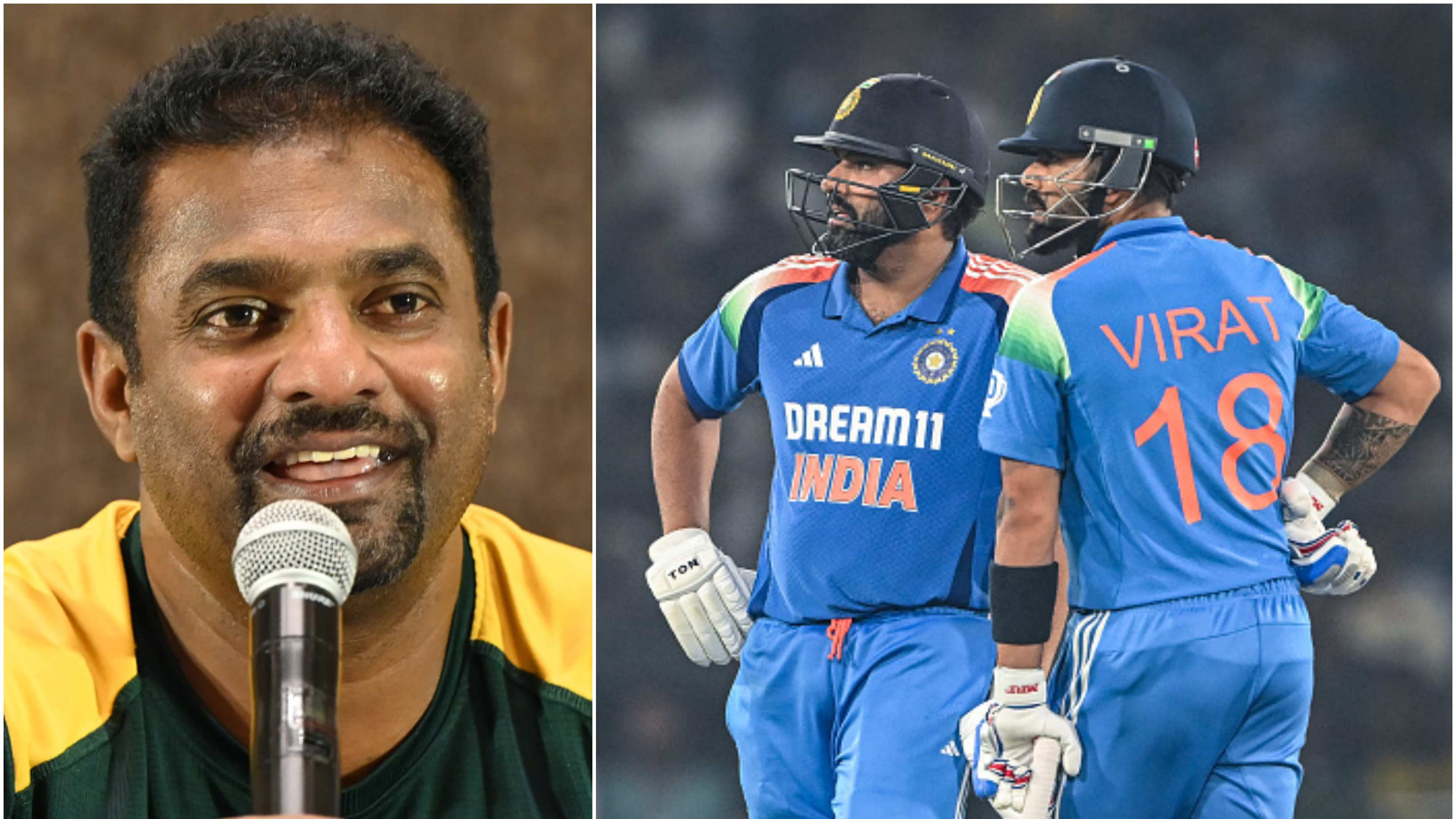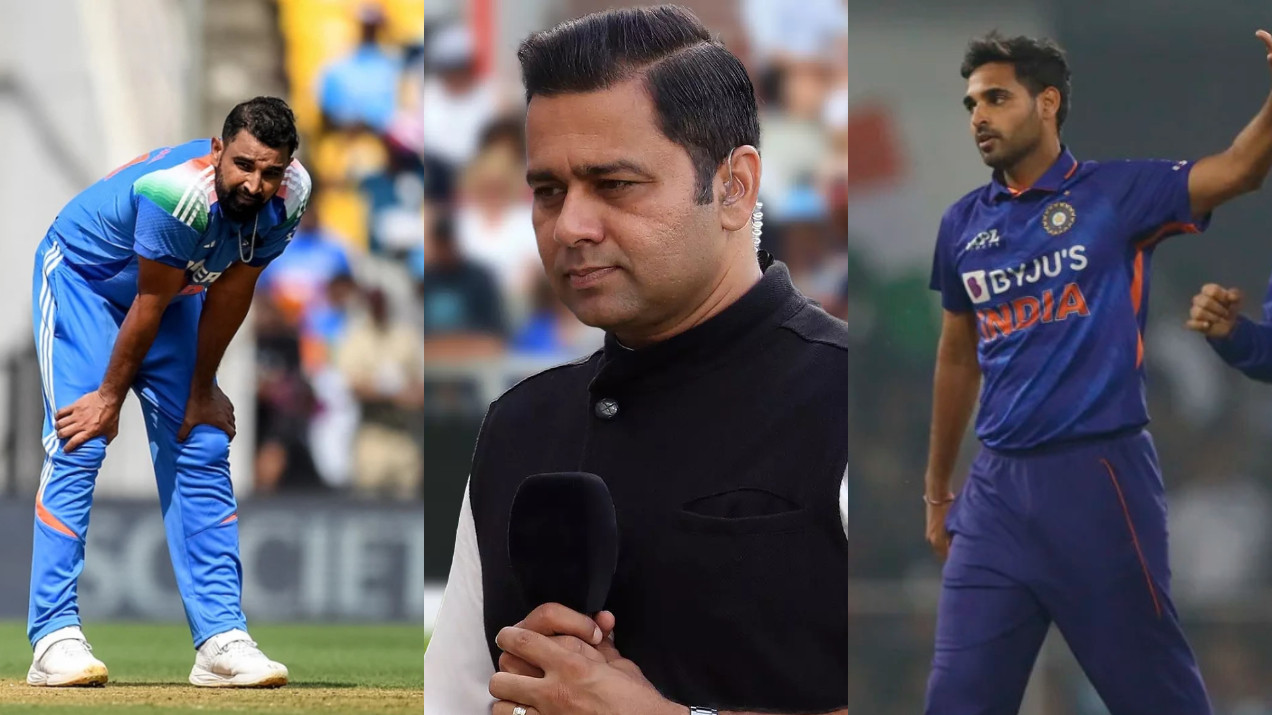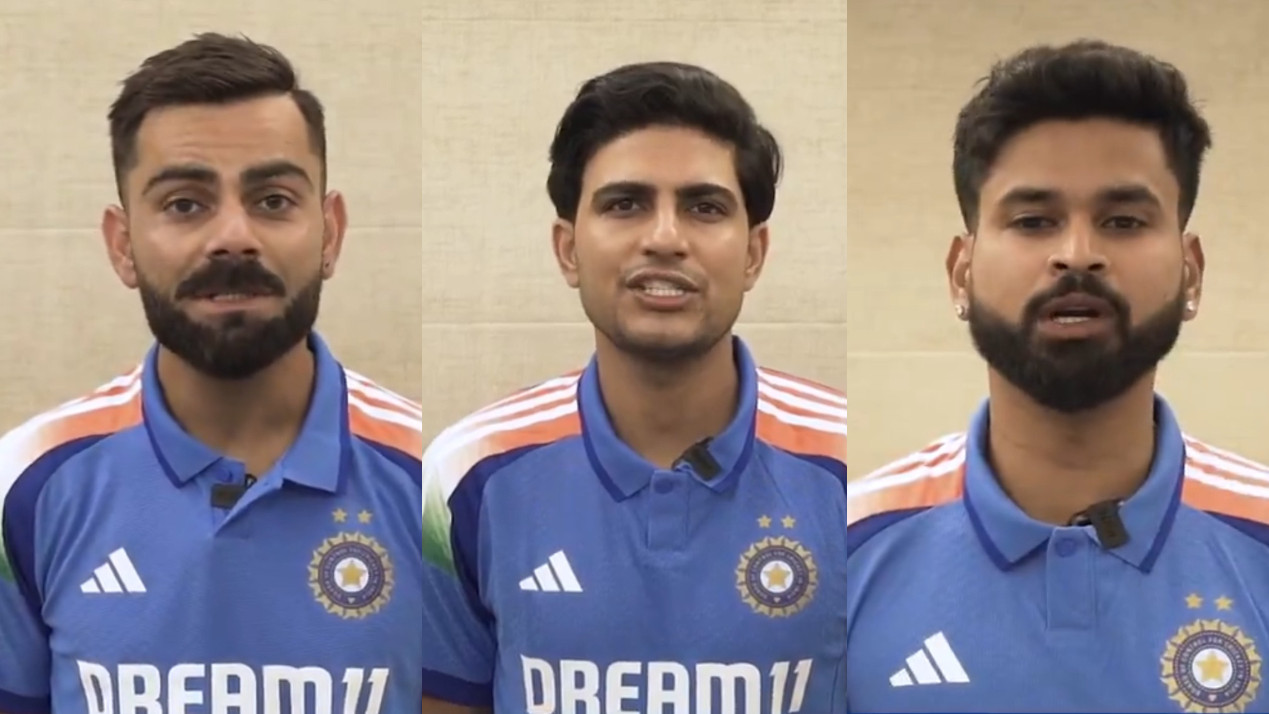 Riding on skipper Rohit Sharma’s dazzling century, India registered a series-clinching four-wicket victory over England in the second ODI at Cuttack on Sunday (February 9).
Riding on skipper Rohit Sharma’s dazzling century, India registered a series-clinching four-wicket victory over England in the second ODI at Cuttack on Sunday (February 9).
During the match, Rohit’s dismissal once again reignited debate on a rule change made by the Marylebone Cricket Club (MCC) regarding non-striker not being on strike if the two batters crossed ends.
After Sharma’s dismissal against Liam Livingstone in the 30th over of India’s chase, the Indian captain and non-striker Shreyas Iyer had crossed when Adil Rashid took the catch but the law, which was changed in 2022, meant that new batter Axar Patel took the strike.
Speaking on Star Sports, batting legend Sunil Gavaskar shares his views, saying that former players like Rahul Dravid and Graeme Smith should be in the MCC’ rules committee.
“The laws are changed by MCC. At the moment, the laws are with the MCC. It’s a private club that makes the laws of international games all over the world. And I do believe that there should be some international experience there. Maybe some former captains should be there. Just giving a few names. Graeme Smith, Rahul Dravid – somebody who’s been a recent coach. Ricky Ponting has been around. These are the people who I believe should be in that laws committee. You need playing experience over there and the committee that is there, I am not too sure there is international experience,” Gavaskar said.
Earlier, a non-striker was able to take the strike after a batter was dismissed following a catch and the two batters had crossed ends. But with the introduction of the new rule in March 2022, a new batter gets to take strike in the similar scenario.
Gavaskar argued that other rules change like two bouncers in an over had reasons behind it but he sees no reason behind this rule change.
“There’s umpiring experience, Yes. Simon Taufel is there. But for any law to change, there needs to be some background. Like the playing conditions came in for two bouncers in an over, one bouncer in an over, or 90 overs in a day, there were reasons behind it. I don’t know whether there was a reason to change this law so that the non-striker would no longer be on strike if the players crossed ends and the batter who played the ball was out caught. I just think that was such an important television aspect too,” Gavaskar remarked.



